Awareness raising and capacity building are two essential areas of intangible cultural heritage and should encourage tradition bearers in their preservation measures. The Austrian Commission for UNESCO therefore strives to support projects through various partnerships and cooperations and to take measures itself that not only make the importance of the intangible cultural heritage visible, but also take up the (current) debates and discourses around the ICH. In recent years, this has resulted in a number of workshops, conferences, exhibitions, etc. The following examples are an excerpt of these activities.
The two public art installations presented here put the European traditions of blue dyeing into a global and local context. Passers-by were able to engage with the significance of hand blueprinting on a national and international level as they walked by. The exhibitions highlighted the rich diversity of intangible cultural heritage as well as the socio-cultural and economic role of the craft.
read moreThe first edition of the Salon focused on the Covid 19 pandemic and its impact on intangible cultural heritage in Austria. Actors, including tradition bearers, NGOs and experts, shared their efforts, concerns and initiatives. The virtual platform provided a space for the discussion of individual cases and the exchange of stories, new ideas and inspiring projects initiated after the closure. Based on these examples and experiences, UNESCO has published a collection of Intangible Cultural Heritage in Times of Crisis, which also includes the two examples mentioned above.
read moreThroughout Europe, the diversity of the population is a reality. However, this is still far from being officially recognised and often traditions and customs are celebrated and practised rather in secret, even over many generations. The so-called ethnic groups in Austria, which have been recognised for many decades, also live intangible cultural heritage. Are social rituals increasingly mixing and hybridising? How is this to be assessed? How is this treated in other European countries?
read moreThe conference addressed the following questions, among others: How can the social value of intangible cultural heritage and the tasks that UNESCO has imposed on the Member States be assessed? And what is the significance of intangible cultural heritage for young people and for today's diverse society? About 60 experts in the field of ICH from Germany, Luxembourg, Switzerland and Austria discussed in Vienna which new dialogues and awareness processes have been triggered by the work on national inventories and where limits and blockades are apparent.
read moreTeaching and learning with living heritage also contributes to the achievement of Sustainable Development Goal 4 - Quality Education, in particular Goal 4.7, which advocates for "valuing cultural diversity and the contribution of culture to sustainable development". In 2018-2021, 10 pilot projects were initiated in the framework of the UNESCO-EU project together with teachers and students. The Austrian Commission for UNESCO would like to support teachers in integrating ICH into the classroom together with traditional teachers in Austria and to establish new cooperations in the process.
read moreUNESCO attaches a fundamental role to the scientific examination of cultural heritage for the documentation, safeguarding and further development of the intangible cultural heritage. From the very beginning, scientists from different disciplines have accompanied the 2003 Convention for the Safeguarding of the Intangible Cultural Heritage and its implementation. Their influence has been essential in making living practices visible as an important part of cultural heritage, in drafting the Convention text that is valid today, and in researching the Convention and living practices that continue to contribute to the shaping and development of the intangible cultural heritage as a whole.
read moreFrom 2019 to 2022, filmmaker Martin Vogg, in collaboration with CleverContent and ORF, produced a series of features that were broadcast in 15 programs. The films focus on intangible cultural heritage and examine it from different angles through interviews, historical documents and presentations of innovative projects, thus raising awareness of this cultural heritage and highlighting the importance of the practices for the present and future generations.
read more
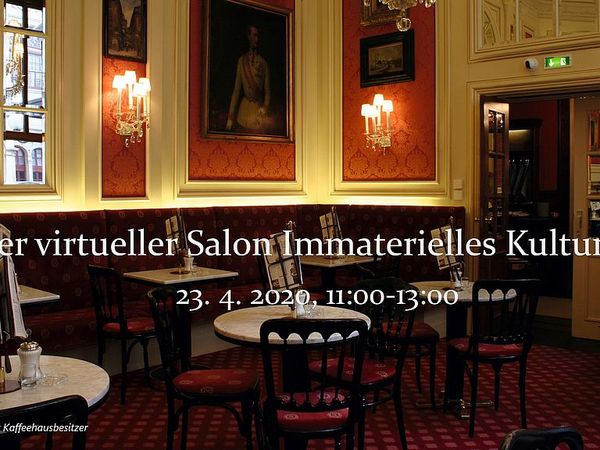
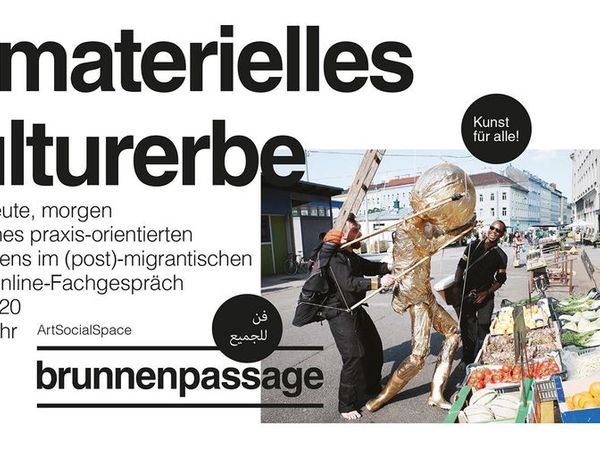
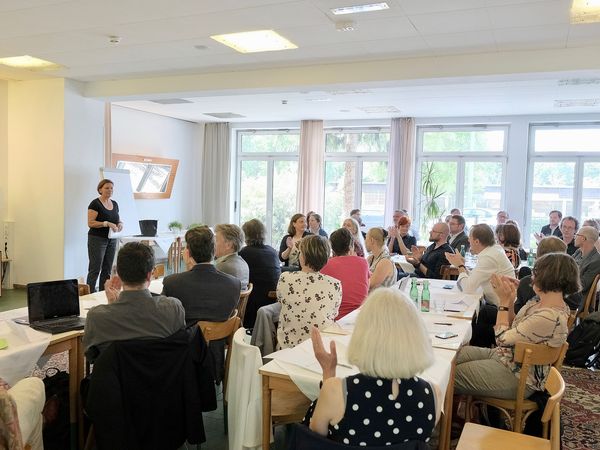
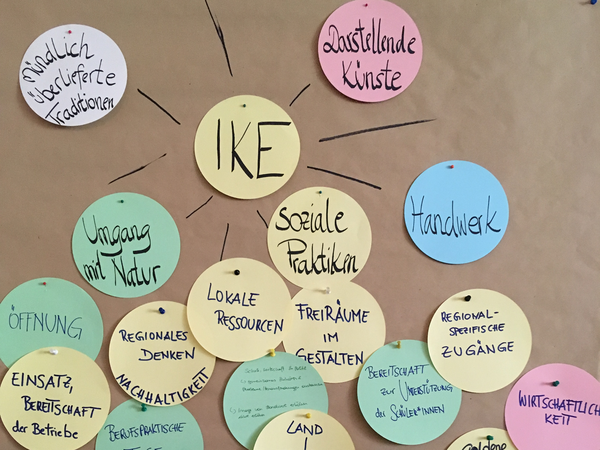
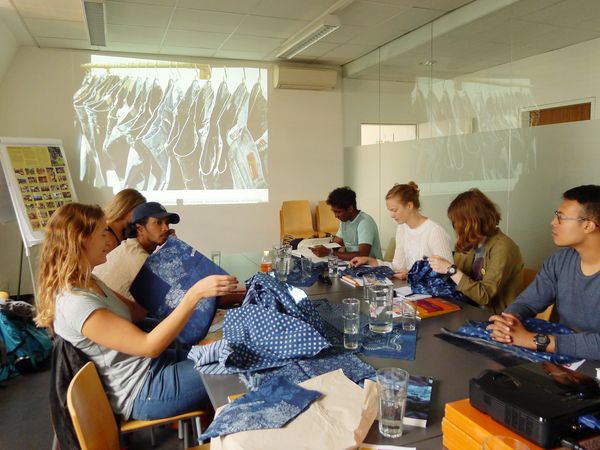
![[Translate to EN:] Filmausschnitt: Korbmachen](/fileadmin/_processed_/f/a/csm_Korbmachen_c_Clever_Contents_4023b65d79.png)
![[Translate to EN:] © J. Ségur/ZED, with the permission of UNESCO](/fileadmin/_processed_/d/b/csm_Convention-2003-IKE_0832a6a47d.jpg)
![[Translate to EN:] © ÖUK](/fileadmin/_processed_/3/9/csm_P1011318_7eac86402f.jpg)
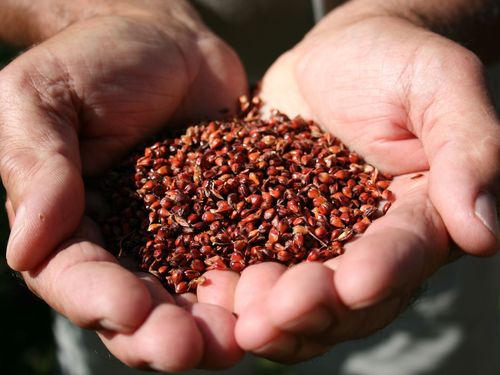
![[Translate to EN:] © Weitblickfilm](/fileadmin/_processed_/9/8/csm_Workshop_17_2dee1e1fd8.jpg)